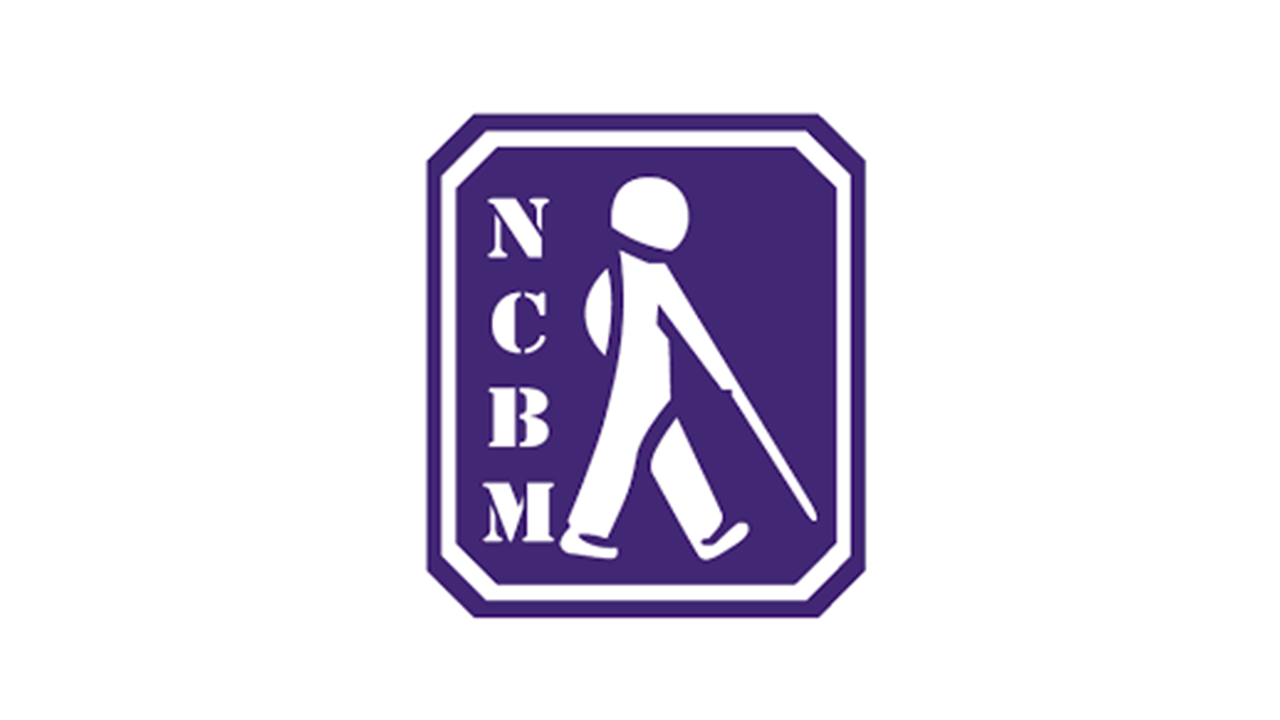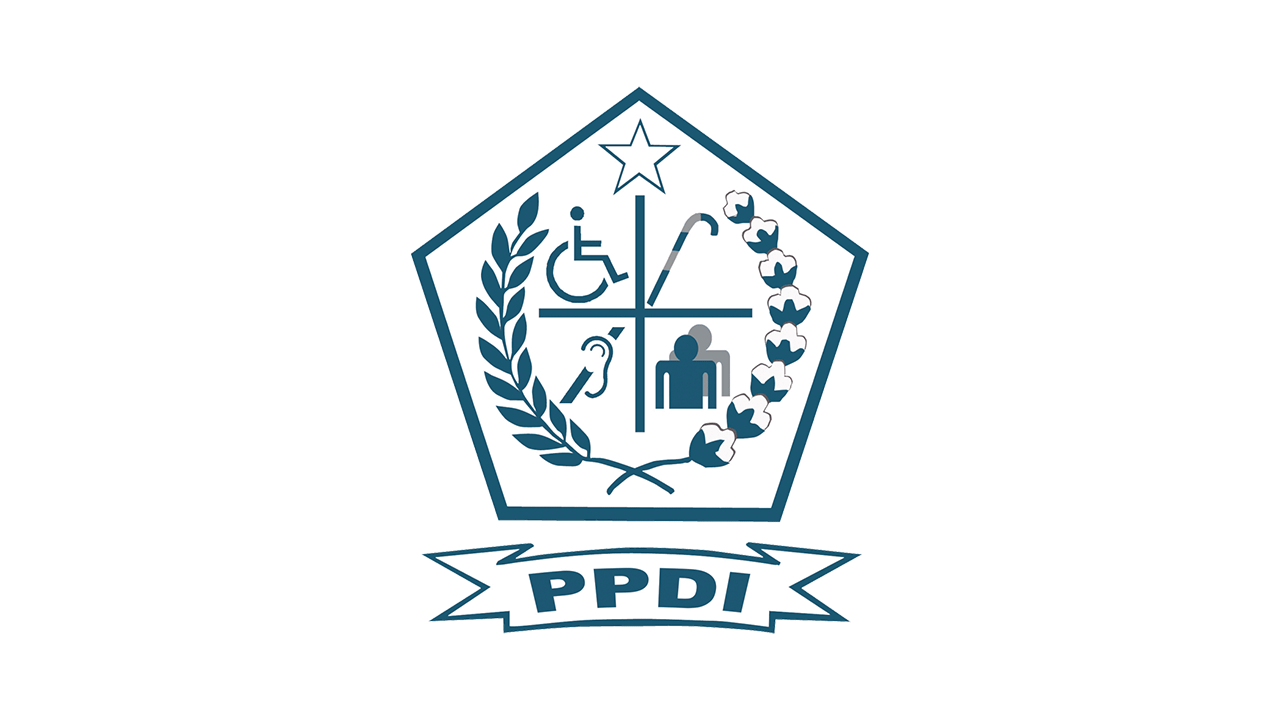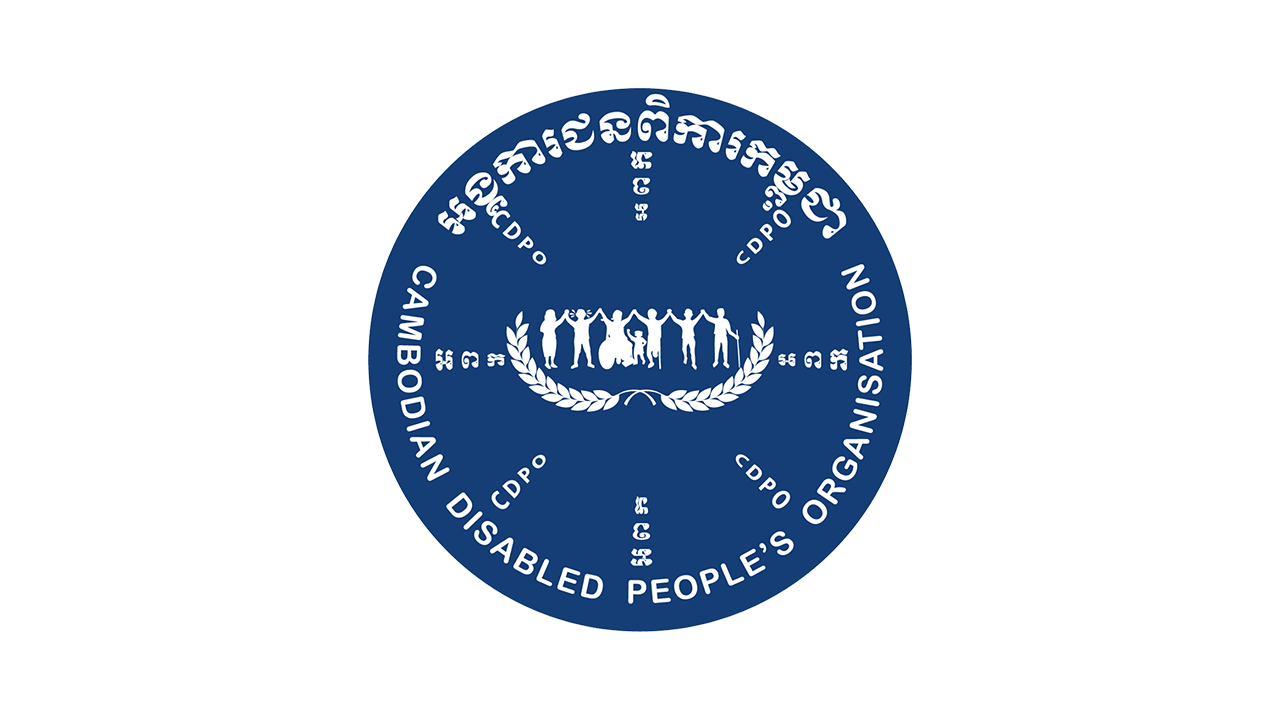Participants of the AGENDA Second Regional Dialogue on Access to Elections for Persons with Disabilities, held this November, adopted the Bali Commitments at the close of the two-day event. These commitments reaffirm the international frameworks on human rights – the Universal Declaration of Human Rights, the International Covenant on Civil and Political Rights and the Convention of the Rights of Persons with Disabilities (CRPD) – as the legal basis for the fulfillment of the rights of persons with disabilities.
Conference participants were aware that persons with disabilities still face barriers in exercising their rights in the electoral process. Often information related to elections – such as information on voting procedures – is not available in an accessible format. Persons with disabilities vote with limited knowledge when they go to polling stations. This means they might vote for candidates without the opportunity to fully understand their platforms, or they might not fully understand their own rights when voting.
The Bali Commitments will also bring attention to another important issue discussed at the conference – voter registration. In some countries, persons with disabilities are denied ID cards by their governments. The government assumes persons with disabilities do not need IDs because they do not travel or engage in activities that require such documents. This causes difficulties when persons with disabilities attempt to register to vote in elections, as ID card possession is often one of the requirements for registration.
Some debate whether information on each voter’s disability should be included in the voter list since, most of the time, ID cards do not include such details. Conference participants discussed the demand for voter lists to have voters’ disability info. They see it as a practical way for electoral management bodies (EMBs) to provide the necessary logistics for an accessible election. This has been proven in the Philippines, where the Commission on Election (COMELEC) – after a series of discussions with the disability community – listed voters’ disabilities in the voter list. This helped COMELEC to know how voters with disabilities were in each area and the types of disabilities they had. Access to this information helped the commission prepare the necessary logistics, such as ramps, tactile ballots and election-related information in accessible format.
In the commitments, participants pledged to work together for equal opportunities to:
- Secure national identification cards and register to vote*
- Obtain equal recognition in the election law
- Receive civic and voter education and political party platforms in accessible formats, such as sign language and Braille, as well as audio, large print, pictorial and easy-to-read formats
- Develop reasonable accommodations in polling places, suchas assistance in the voting booth, tactile ballot guides,low voting booths, magnifying glasses and large-grip pens
- Build accessible infrastructure, such as ramps, and building layouts that allow for easy maneuvering by those who use assistive devices
- Conduct counting and announcement of election results in accessible formats
- File complaints where necessary and participate in the dispute resolution process
- Serve in leadership roles, including as candidates, election management body officials, poll workers and observers
*Participants encourage EMBs to collect information on type of disability during the registration process.









